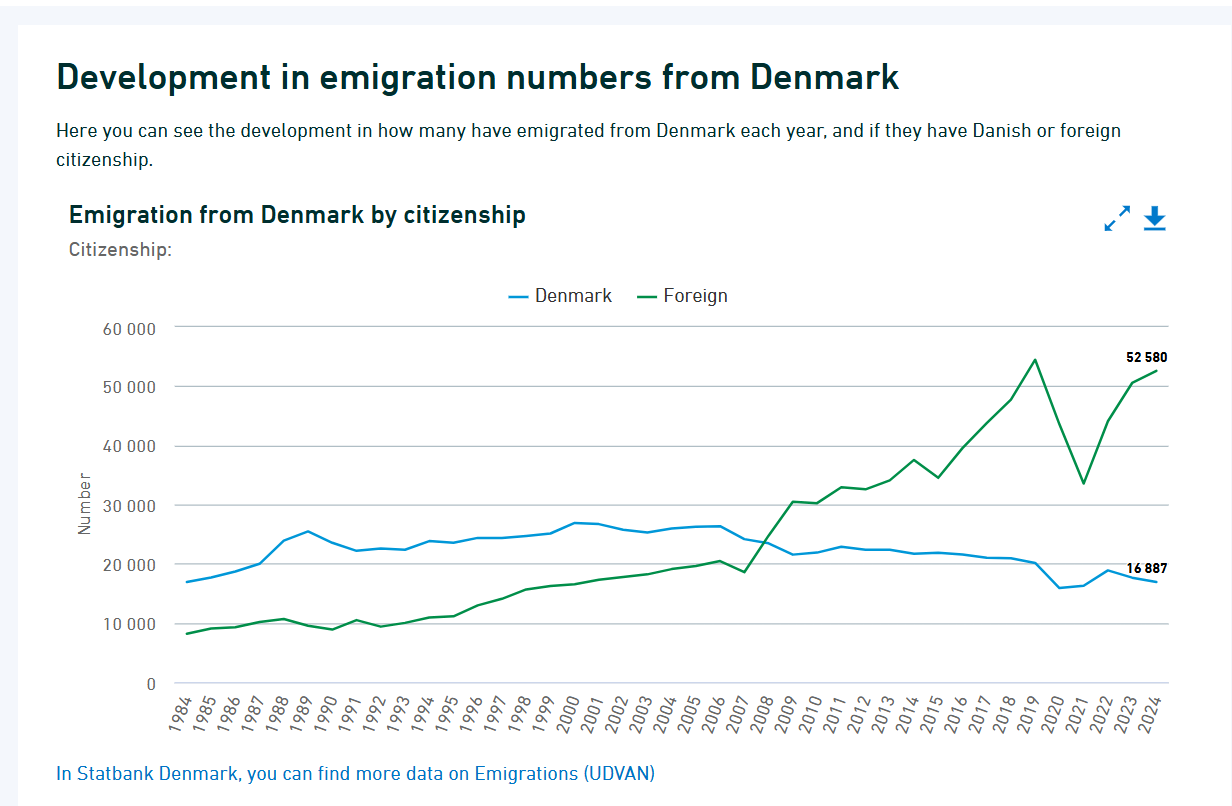Just over a year after it became law, Denmark’s first-in-the-world tax on the fat content of food has been repealed.
The move comes as part of parliament’s on-going negotiations over the 2013 budget. The agreement between the Socialdemokraterne-led government and the far-left Enhedslisten will also see a similar levy on sugar content cancelled, due to come into effect next year.
Although its proponents touted the fat tax for its progressive approach to policymaking when it was implemented last year, it had come under increasing criticism by food producers and the opposition for making Danish products more expensive than imports and for increasing the administrative burden of the food producers that were required to collect the levy. Butchers were also in the process of mounting a legal challenge to the law.
Businesses were also predicting the sugar levy would place a similar burden on Danish food producers.
Recent industry statistics also showed that Danes had not changed their consumption habits during the first 12 months the levy was in effect. However, the first scientific study of the effects of the levy, released by the University of Copenhagen today, found that during the first three months of the levy, Danes did purchase fewer fatty products, although there was speculation that this could have been due to hoarding prior to the change coming into effect.
Studies had indicated that retailers and food producers had exaggerated price hikes when implementing the fat tax, and after today's announcement, consumer advocates immediately expressed concern that retailers would not pass on the full amount of their savings to consumers once the levy was eliminated. Representatives from COOP and Dansk Supermarked, the nation’s two largest supermarket groups, pledged that would not be the case, however.
“Prices will be regulated down by the full amount, just as they were regulated up by the exact amount when the levy came into effect,” Jens Juul, a spokesperson for COOP, told the Ritzau news bureau.
Scrapping the two levies – as well as decisions to scrap a planned tax hike on Danes working abroad and lowering a levy on electric heat – left the government looking to make up the four billion kroner in revenue they were forecast to generate.
That will be done in part by lowering the standard deduction, currently at 42,900 for those working full-time, by 900 kroner per person and raising the basic tax rate, which is paid by all taxpayers, by 0.19 percent.

















